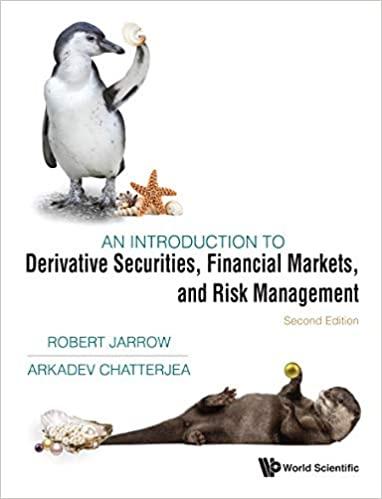Question
8. Which of the following is not true about the FASB? a. It considers the economic consequences of proposed accounting policies. b. It has seriously
8. Which of the following is not true about the FASB? a. It considers the economic consequences of proposed accounting policies. b. It has seriously considered the question of the desirability of corporate social responsibility accounting. c. It is sensitive to whether there are sufficient benefits to external users to warrant the imposition of new accounting standards. d. The FASB has commissioned studies to aid in assessing the effects of proposed standards on firms. 9. When the FASB considers the effects of an accounting standard: a. The only costs it considers are auditing costs. b. It considers benefits primarily in terms of the information needs of the stock market. c. It is not concerned with producer costs. d. It is primarily concerned with the effects of the standard on small or non-publicly listed firms. 10. Which of the following statements is true? a. The problems of the FASB stem from its limited use of due process. b. The FASB has not been as successful as its predecessors were. c. Many studies have found that large accounting firms tend to dominate d. With the implementation of the FASB, the capture theory argument lost Question #2: (20 points) policy at the FASB. much of its validity. 1. Does the use of a theories in accounting assist individual investors (decision makers) make more correct decisions? 2. The criticisms of the approaches to build up an accounting theory is challenged by the hard application of normative standards. What are the main characteristics of normative theories, and why they are hard to apply? 3. Differentiate between the two concepts of capital? Give detailed example? Question #3: (20 points) 1. What is the main aim of fundamental analysis, explain its shortcomings? 2. What are the main assumptions related to behavioral finance theory and Prospect theory? 3. What do we mean by economics of Information or Information Economics, in relation to building of accounting theory? Question #4: (20 points) Differentiate between CAPM and Agency Theory in terms of aim, assumptions presumed, results, critics? Question #5: (20 points) What are the main problems facing companies investing globally in preparing and presenting the financial statements in an international context? Give examples
Step by Step Solution
There are 3 Steps involved in it
Step: 1

Get Instant Access to Expert-Tailored Solutions
See step-by-step solutions with expert insights and AI powered tools for academic success
Step: 2

Step: 3

Ace Your Homework with AI
Get the answers you need in no time with our AI-driven, step-by-step assistance
Get Started


